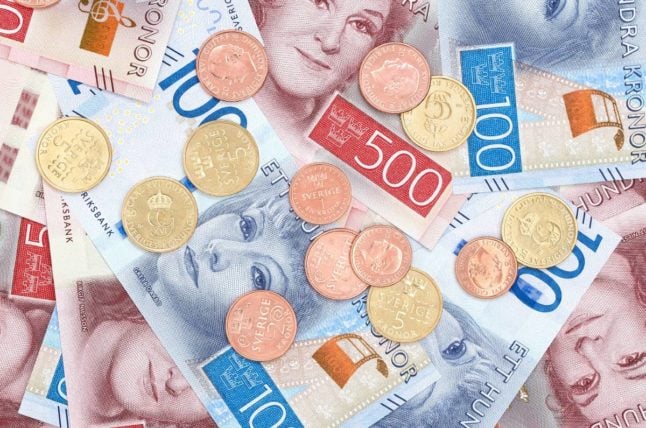“First, open the way to Turkey’s membership of the European Union, and then we will open it for Sweden, just as we had opened it for Finland,” Erdogan told a televised media appearance, before departing for the NATO summit in Lithuania.
Erdogan said “this is what I told” US President Joe Biden when the two leaders spoke by phone on Sunday.
Turkey first applied to be a member of the European Economic Community — a predecessor to the EU — in 1987. It became an EU candidate country in 1999 and formally launched membership negotiations with the bloc in 2005.
The talks stalled in 2016 over European concerns about Turkish human rights violations.
“I would like to underline one reality. Turkey has been waiting at the EU’s front door for 50 years,” Erdogan said. “Almost all the NATO members are EU members. I now am addressing these countries, which are making Turkey wait for more than 50 years, and I will address them again in Vilnius.”
Sweden’s prime minister, Ulf Kristersson, is due to meet Erdogan at 5pm on Monday in a last ditch attempt to win approval for the country’s Nato bid ahead of Nato’s summit in Vilnius on July 11th and 12th.
Turkey has previously explained its refusal to back Swedish membership as motivated by the country’s harbouring of people connected to the PKK, a Kurdish terrorist group, and the Gülen movement, who Erdogan blames for an attempted coup in 2016.
More recently, he has criticised Sweden’s willingness to allow pro-Kurdish groups to protest in Swedish cities and allow anti-Islamic protesters to burn copies of the Quran, the holy book of Islam.
In a sign of the likely reaction of counties which are members both of Nato and the EU, German Chancellor Olaf Scholz said that the two issues should not be connected.
“Sweden meets all the requirements for Nato membership,” Scholz told reporters in Berlin. “The other question is one that is not connected with it and that is why I do not think it should be seen as a connected issue.”
Malena Britz, Associate Professor in Political Science at the Swedish Defence University, told public broadcaster SVT that Erdogan’s new gambit will have caught Sweden’s negotiators, the EU, and even Nato Secretary-General Jens Stoltenberg off guard.
“I think both the member states and Stoltenberg had expected this to be about Nato and not about what the EU is getting up to,” she said. “That’s not something Nato even has any control over. If Erdogan sticks to the idea that Turkey isn’t going to let Sweden into Nato until Turkey’s EU membership talks start again, then Sweden and Nato will need to think about another solution.”
Aras Lindh, a Turkey expert at the Swedish Institute of Foreign Affairs, agreed that the move had taken Nato by surprise.
“This came suddenly. I find it hard to believe that anything like this will become reality, although there could possibly be some sort of joint statement from the EU countries. I don’t think that any of the EU countries which are also Nato members were prepared for this issue.”



 Please whitelist us to continue reading.
Please whitelist us to continue reading.
Member comments